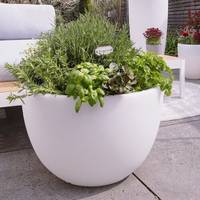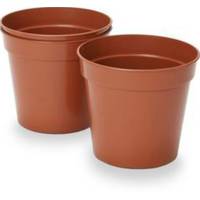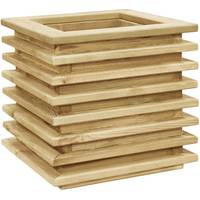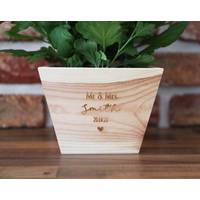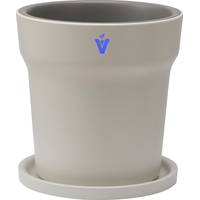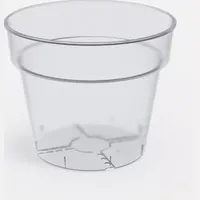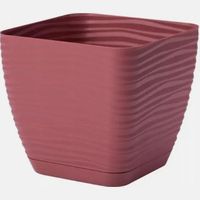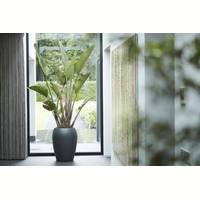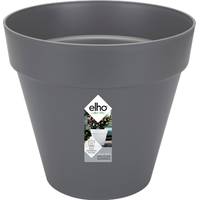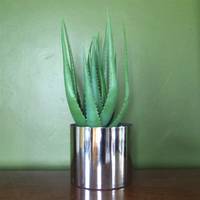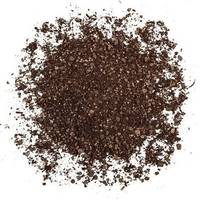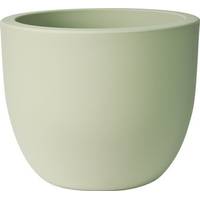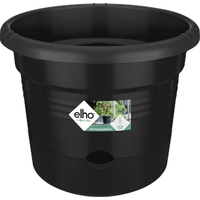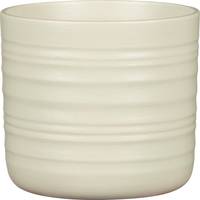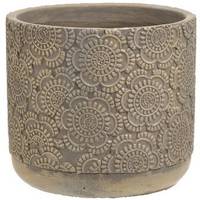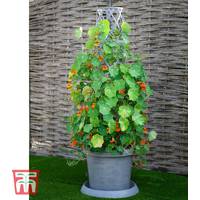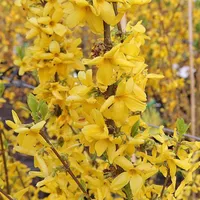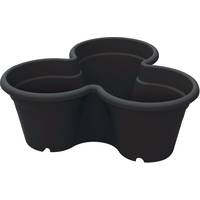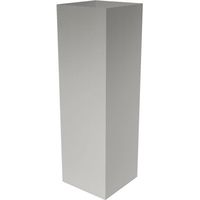YouGarden Lingonberry Vaccinium Vitis-idaea 'miss Cherry' In 2L Pot
Description
A relative of the more well-known cranberry and blueberry, the lingonberry (or cowberry as it is sometimes called) produces jewel-like, tart red fruits that are popular in Scandinavia for use in jams and syrups. While closest to the cranberry in looks, lingonberries are way more productive and reliable with more robust growth that makes them a better option for growing in the UK. Lingonberry 'Miss Cherry' is an attractive, compact variety that is also very productive. With abundant sprays of pink flowers between May and July, it's evergreen too, forming a delightful groundcover plant through the whole year. Robust with good bushy growth, it's a variety that's perfect for containers as well as the fruit garden - just plant them in a sunny or semi-shaded place in ericaceous soil and get ready to enjoy the harvest from late July. Specifications Availability: September to April Planting time: February to November Flowering time: May to July Fruiting time: July to September Supplied as an established plant in a 2L pot, ready for immediate planting Eventual approx height and width: 40cm x 75cm Top Tips Plants should be watered with rainwater. If you need to use tap water, then use in conjunction with an ericaceous fertilizer which will neutralise any lime present and will replenish nutrients in pot-grown specimens. Care Information Although self-fertile and able to produce a good crop on their own, lingonberries will yield much more heavily if planted near another plant. Plant in well-drained, acidic soil in a sunny, sheltered spot. If your garden soil has a pH over 5.5, your Lingonberry is best grown in a pot, in ericaceous soil. Keep it well-watered - don't allow the soil to dry out. Water Lingonberries with rainwater if you can as tap water will gradually raise pH levels. Feed every month with a liquid fertiliser for ericaceous (lime-hating) plants. If growing Lingonberries in the garden, add plenty of organic matter such as pine needles or composted conifer clippings. Avoid farmyard manure as it will scorch the roots. Pruning is rarely needed - just take out any damaged, dead, and diseased wood as necessary
You may also like
loading
Discover more









































